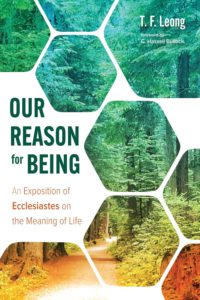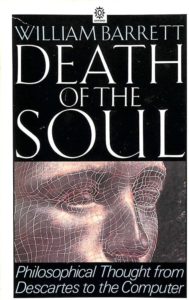 The Uncanny Superiority of Ecclesiastes over Its Counterparts
The Uncanny Superiority of Ecclesiastes over Its Counterparts
Kairos Podcast 7: Ecclesiastes and the Human Quest for Meaning (5/5)
Ecclesiastes is a speech “framed” by third-person references to the speaker, including a description of him and his teaching. In this description it is explicitly claimed that the speech is Scripture inspired by God. However, recent commentaries by even Evangelical scholars assume pessimism and contradictions in the speech. How then can it be Scripture inspired by God? The first video indicated that the supposed pessimism and contradictions in the speech are only apparent, not real. This final video seeks to corroborate the explicit claim that the speech is Scripture inspired by God by showing that the wisdom of Ecclesiastes is uncannily superior to that of its non-biblical counterparts.
 Philosophical and Social Origins of Identity Politics and the LGBTQ Sexual Revolution. Part 1.
Philosophical and Social Origins of Identity Politics and the LGBTQ Sexual Revolution. Part 1.